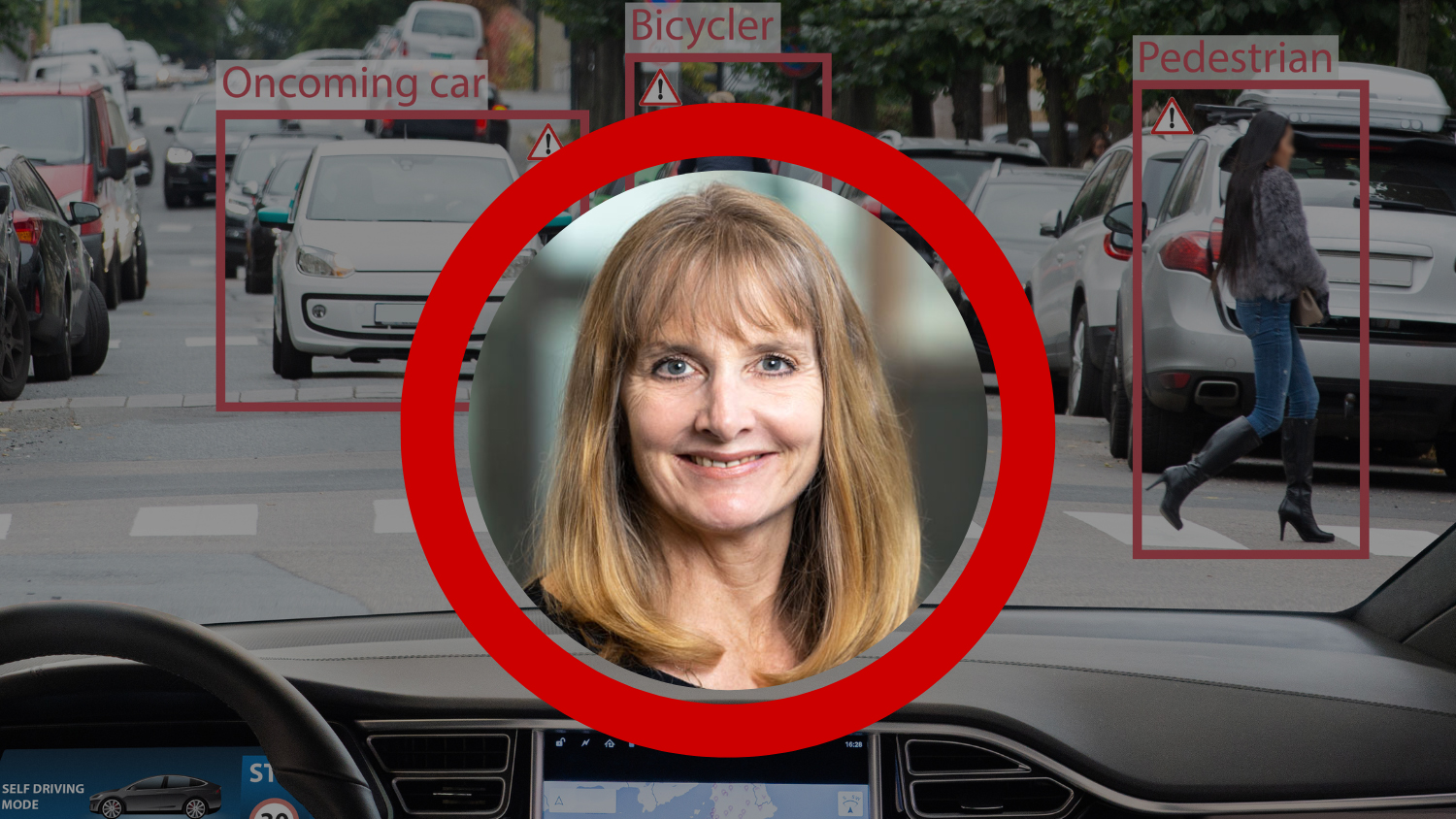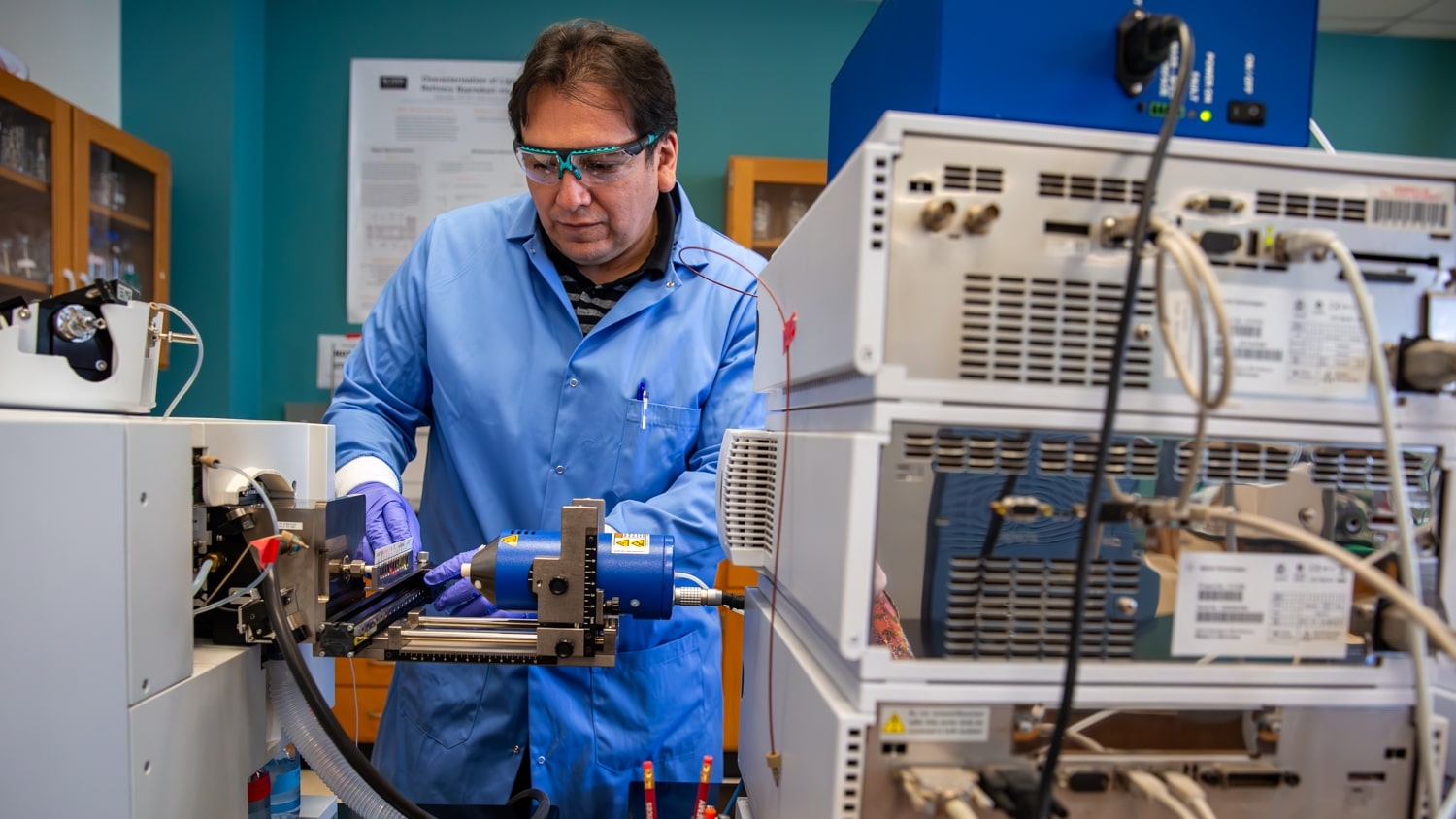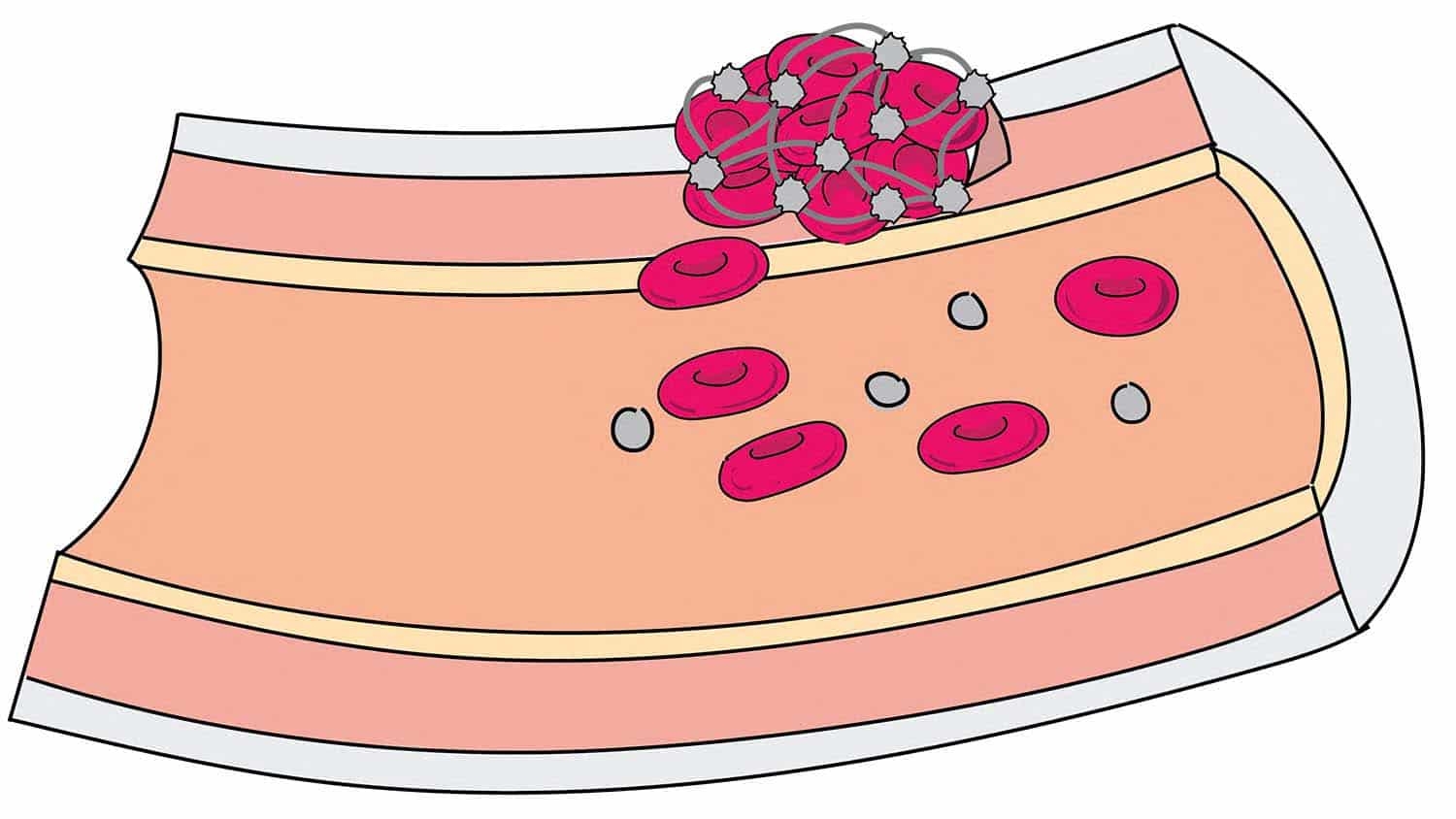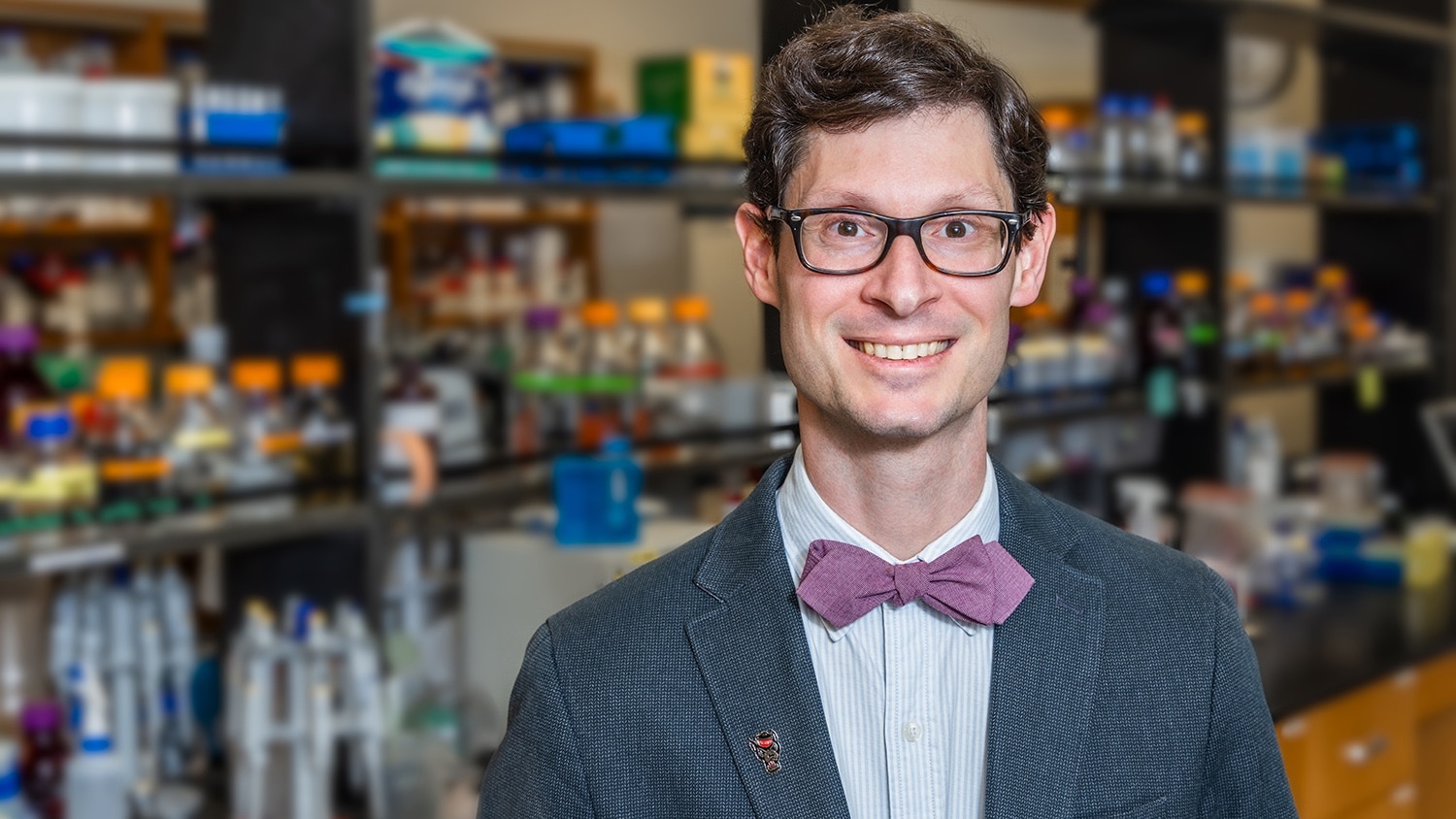Missy Cummings, one of the U.S. Navy’s first female fighter pilots, is now a professor and principal investigator teaching and researching human systems engineering. She studies autonomous vehicles and the policy, ethical, and social impact of autonomous technologies. Cummings is a professor at George Mason University in Fairfax, Virginia, where she directs Mason’s Autonomy and Robotics Center and holds appointments in the mechanical engineering, electrical and computer engineering, and computer science departments.
Cummings is one of the Laboratory for Analytic Sciences’ 2023 collaborators. She and Benjamin Bauchwitz, a graduate research assistant at Duke University in Durham, N.C., are working with LAS on a project that studies the impact of human error on creating artificial intelligence in computer vision applications like self-driving vehicles.
What do you like about working in autonomous technology research?
Robotics and autonomy, they’re the future. We’re not going to be able to get to where we want to go in the future without a sustainable and safe relationship with robots, artificial intelligence (AI) and autonomy. I do a lot of work in self-driving cars, for example, and autonomous vehicles with driving assist. Most people have some familiarity with that. Even though I’m future looking – like flying cars, that’s very futuristic – a lot of the work that I do is very applied and real today. I like the balance of thinking far out, but also solving problems in the near term. I am an engineer after all.
What led you to this point in your career?
I was a fighter pilot for the military and I saw so many of my peers die. I felt like we needed to design systems that were more user friendly and also designed expressly with the purpose of supporting humans instead of replacing them.
Was there a defining STEM (science, technology, engineering, math) moment in your life?
When I landed on an aircraft carrier for the first time by myself, that’s a pretty defining moment. When I got my Ph.D. in systems engineering, that was a very defining moment. When I became a tenured professor at MIT, that was also pretty defining. I feel like I’m a walking, living, breathing example of how important STEM can be. While my life is very math and computer science focused, there’s also a huge amount of creativity in what I do.
What inspired you to propose your research project to the Laboratory for Analytic Sciences?
I’ve been increasingly concerned about the lack of training and transparency around the design of AI. People design AI but they never think about how to check certain assumptions about AI. They’re quick to try to deploy AI without thinking through all the ramifications. I wanted to start formalizing ideas around how we design AI and what the ramifications are of potentially getting it wrong. LAS had a call for proposals and those ideas just married up.
Your research project is titled Computer Vision Annotation Error Framework. Tell us about it.
If you’re in a self-driving car, you’re relying on humans to have labeled the data that teaches the car’s algorithms in object recognition. My question is, if that labeling contains errors or is done poorly, how does that affect the ability of the car to “see”? There are thousands of people whose job is to label data in order to train the computers that support self-driving cars and other image-based autonomous systems. They draw boxes around the edges of objects in the data for eight hours a day. It’s painstaking and boring. Fatigue and motivation are just some of the issues that affect their performance. Our project studies how people label data, and if we’re building AI from data that may be poorly labeled, how does that affect the way the AI performs?
What problem do you hope your research will help solve for the intelligence community?
As a former war fighter, I would like to support war fighters with reliable automation. But the best thing about this project is that it underpins all artificial intelligence. Are we creating image recognition AI based on a house of cards? The results will have a dramatic impact on not just the intelligence community, but everywhere you find these automated systems.
How can we get more women in STEM?
Expose them – people need to know what options are available. The Society of Women Engineers does a great job, as well as many other professional organizations.
You faced obstacles as a woman early on in your career as a Navy fighter pilot. What obstacles have you faced as a woman in the research field?
Discrimination comes in a lot of different forms. I don’t think it was any better or any worse in the military versus academia. It’s just there. My advice to young women today is how you deal with it is going to be your hallmark for success. There are ways to deal with it. It depends on the situation. Sometimes you can deal with it straight on. Sometimes you have to be a little bit more tactful depending on where the discrimination is coming from in terms of the power structure. Sometimes even though the circumstances at the time seem intolerable, there’s always something that you can do, even if it’s a sidestep into another group at work or taking on a different project.
What are you currently reading?
[Laughs] I love the presumption that I’m reading something that is not a journal article. It’s a great question, because I consider reading a book one of the most guilty pleasures right now because I am so stressed for time. I’m a single mother so that pretty much rules it out, but every now and then I’ll squeeze in a good book. I recently read 4,000 Years of Uppity Women by Vicki León. It’s about how women throughout history were sassy broads, and how they managed to get ahead. Elon Musk, one of the most powerful men on the planet, doesn’t like me. That’s painful sometimes, because of all the trouble that that causes. But then again, when you actually read this book, you’ll be like, Oh! I’m not the first and I’m not going to be the last.
What’s on your playlist?
It rotates depending on the mood I’m in. I have really been in a Prodigy mood lately because it helps me work through frustration. I have a teenage daughter so my mix is whatever she picks on the radio for the most part, but I typically gravitate to industrial music. I’m a huge podcast fan. My favorite podcast right now is British Scandal. And I really like This Job Is History. My third favorite is Stephen Colbert’s Tooning Out the News podcast.
What is your favorite movie?
I have a lot of really favorite movies. But if I had to pick one, I would probably go with Dr. Strangelove.
This interview has been edited for length and clarity.
This post was originally published in Laboratory for Analytic Sciences.
- Categories:



